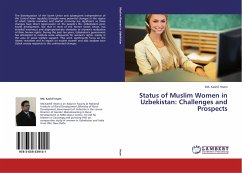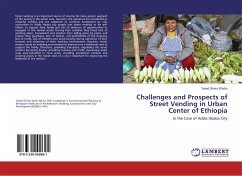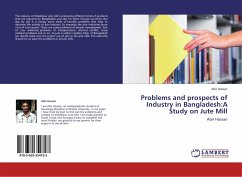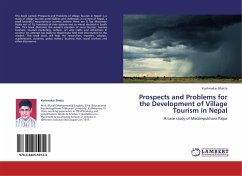The disintegration of the Soviet Union and subsequent independence of the Central Asian republics brought many potential changes in the region of which Islamic revivalism and market economy are significant as these changes have direct repercussion on the people s life. Uzbekistan's post-Soviet development, like that in most of the former Soviet Union, has entailed enormous and disproportionate obstacles to women's realization of their human rights. During the past ten years, Uzbekistan's government has attempted to institute some safeguards for women's rights, mainly in the area of social welfare support. This work significantly focus on the Islamic revivalism and its impact on muslim women and also analyses how Uzbek society responds to the unintended changes.
Bitte wählen Sie Ihr Anliegen aus.
Rechnungen
Retourenschein anfordern
Bestellstatus
Storno








